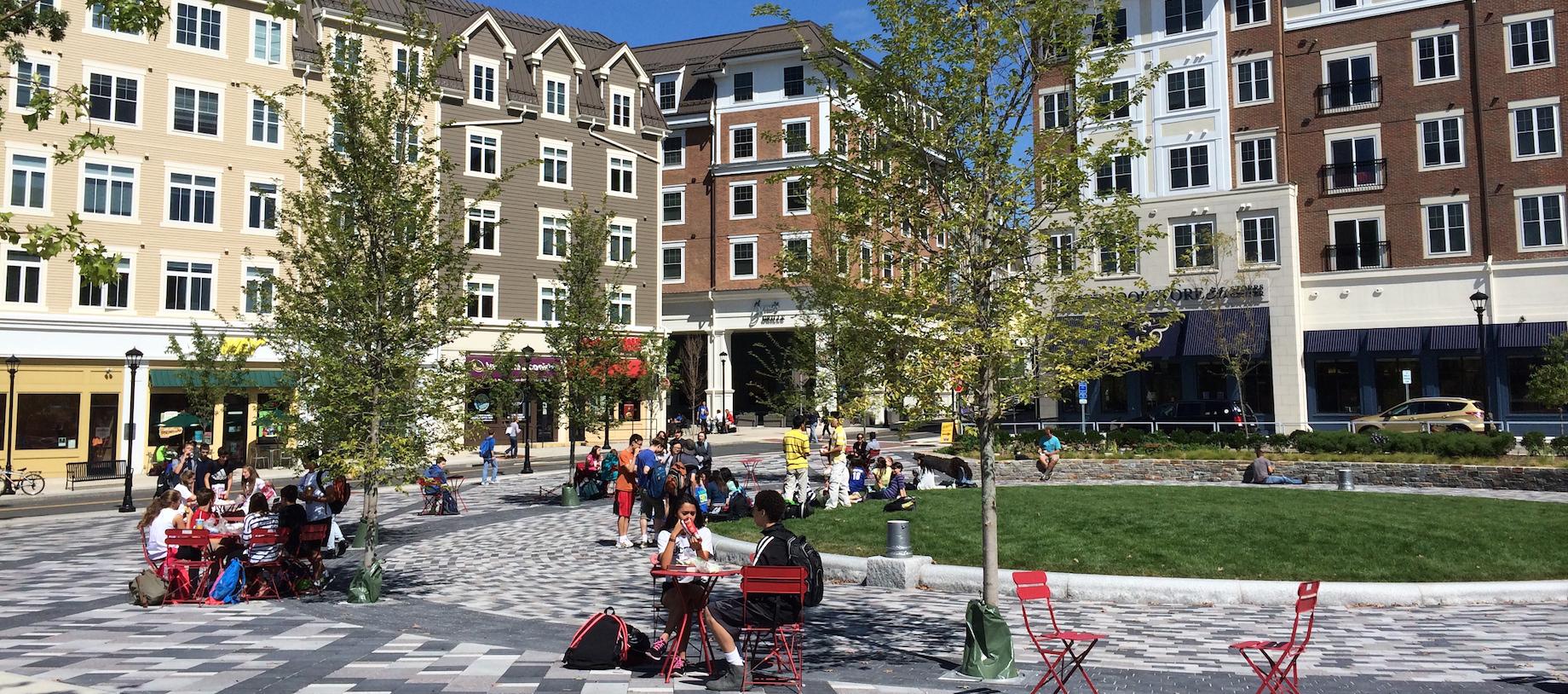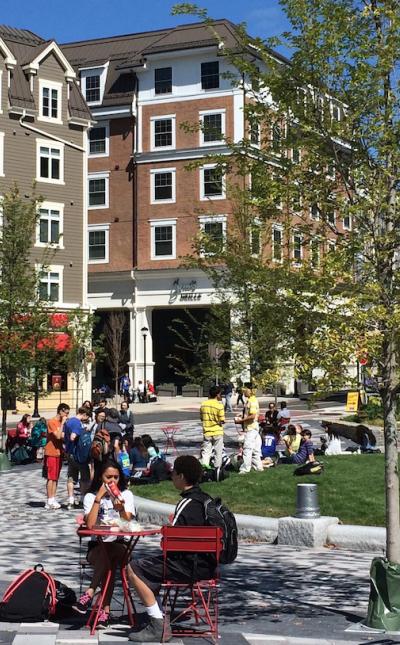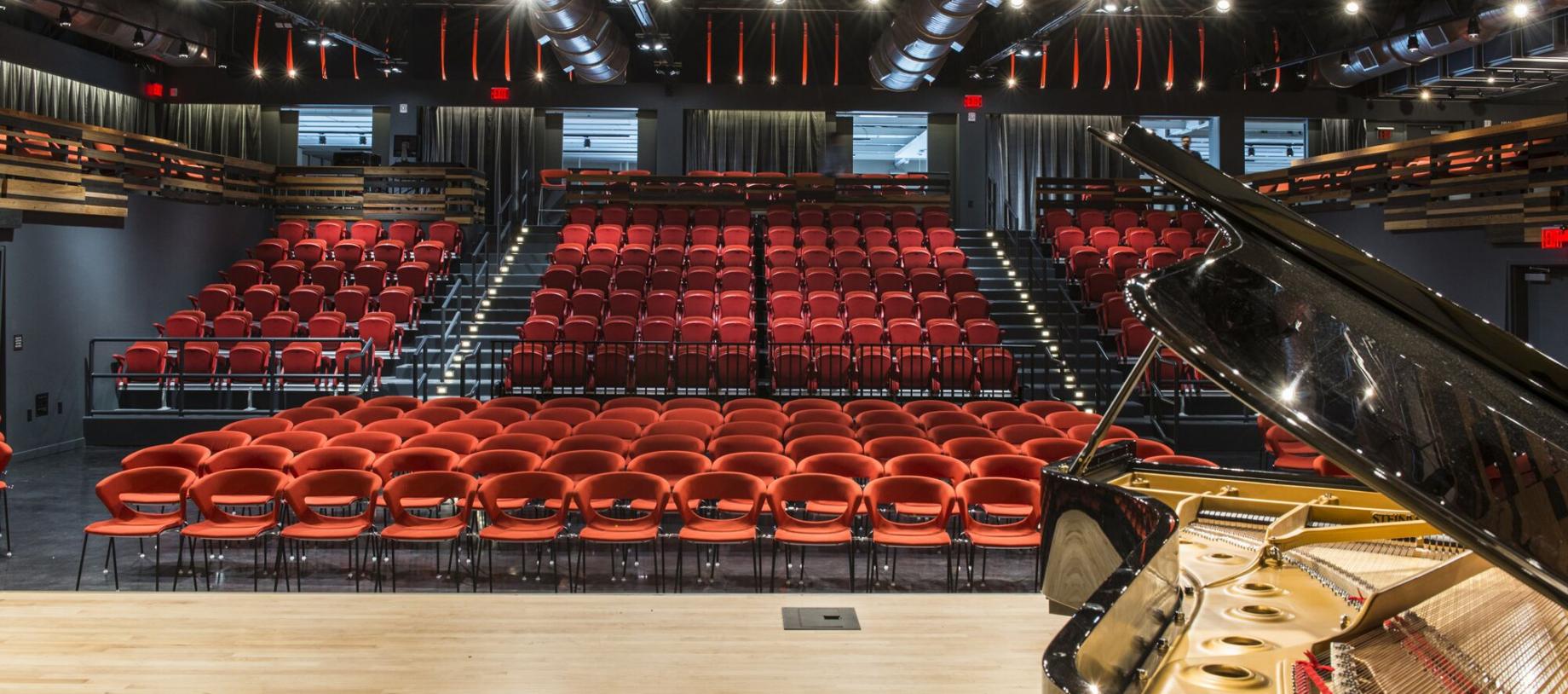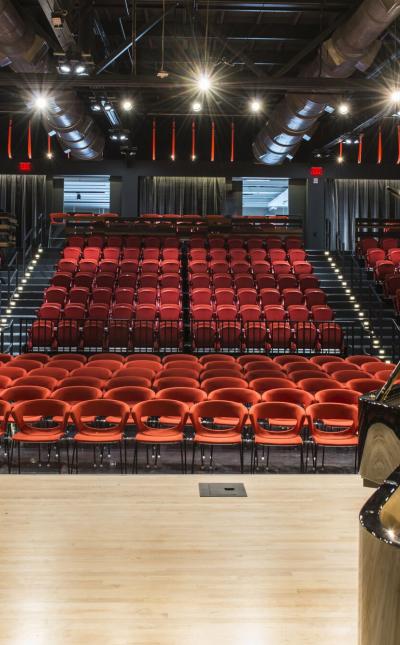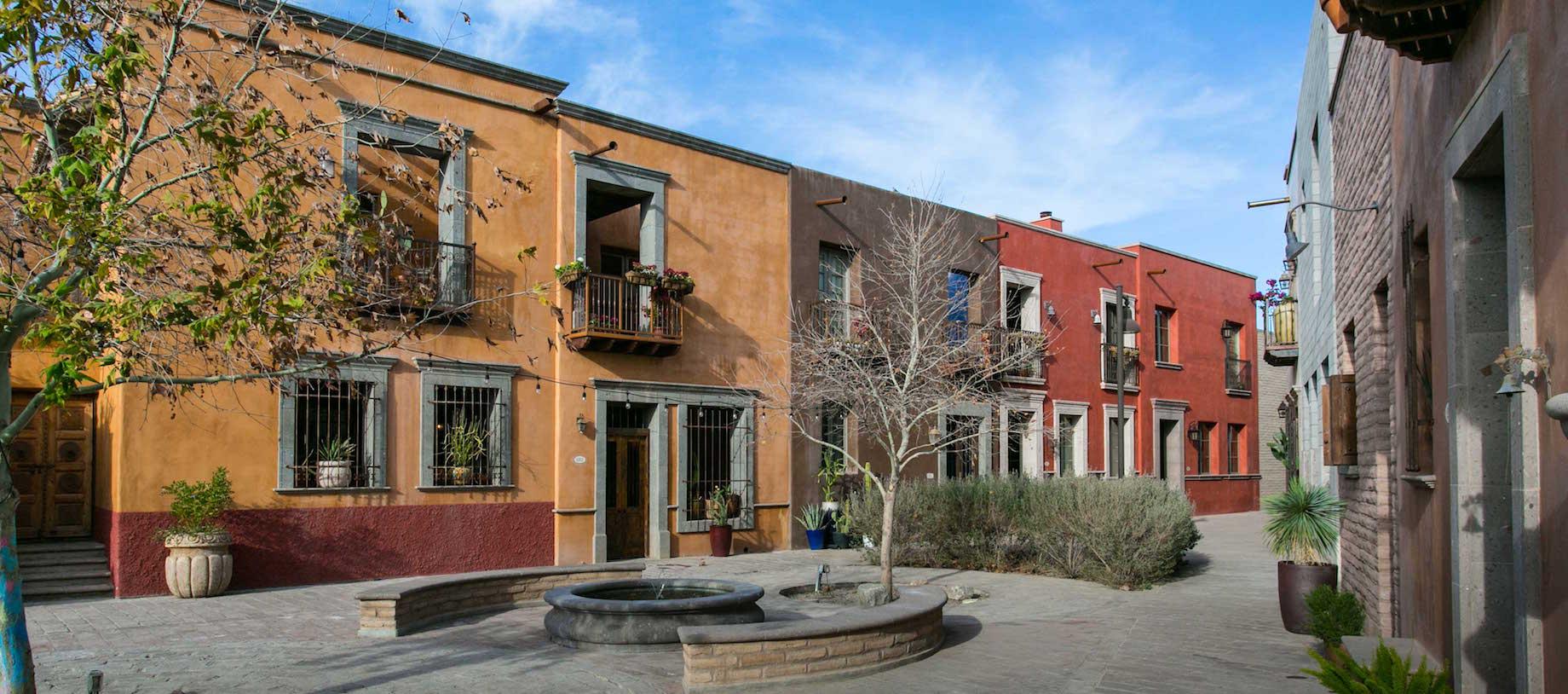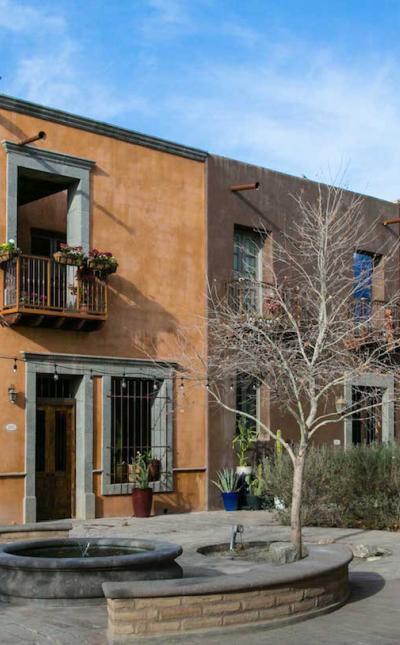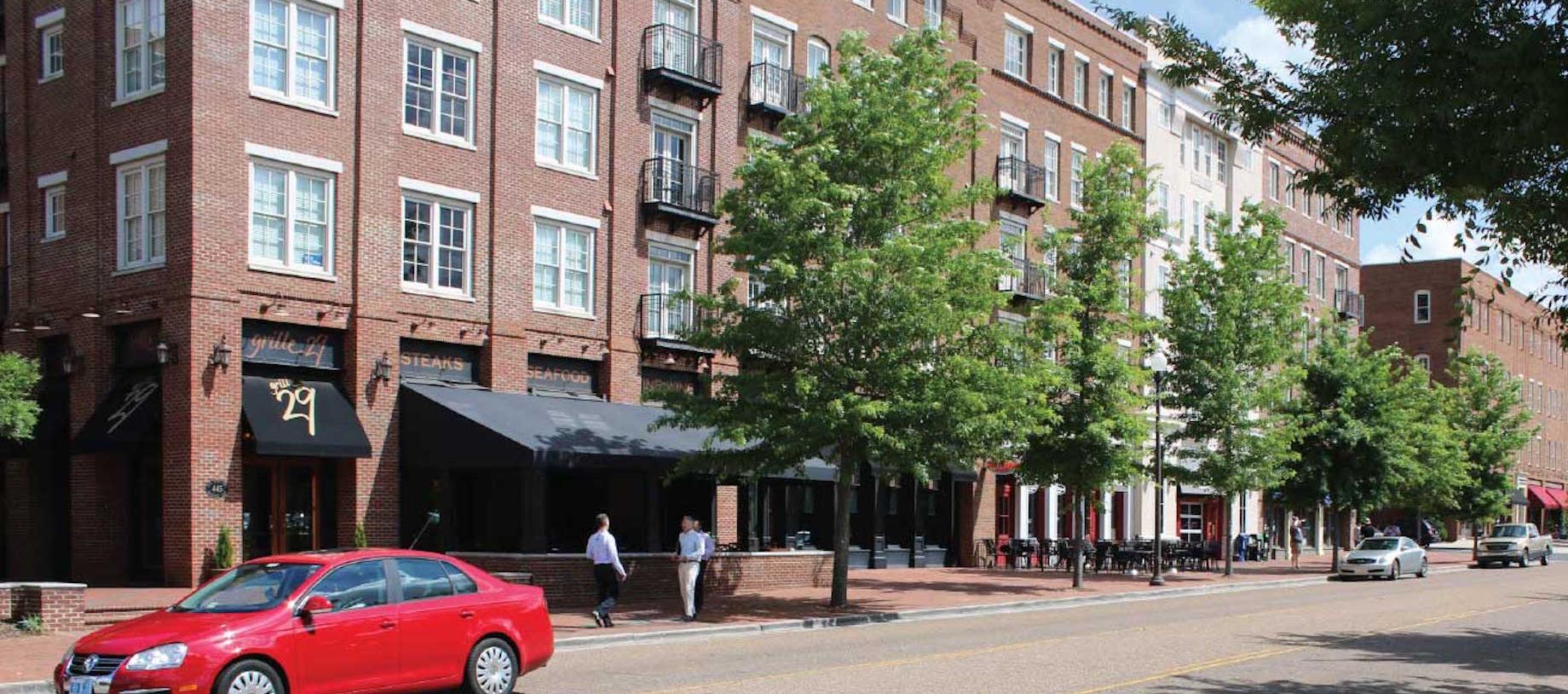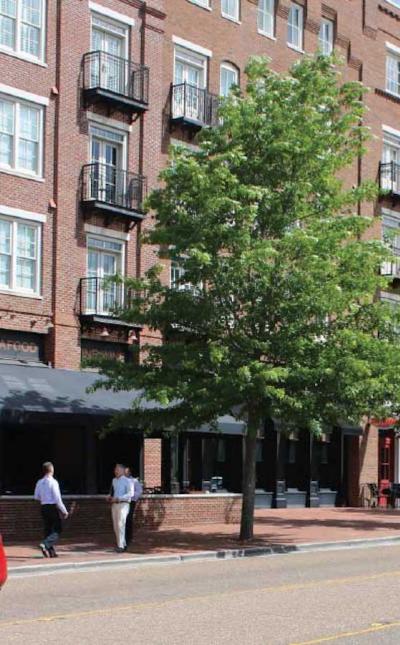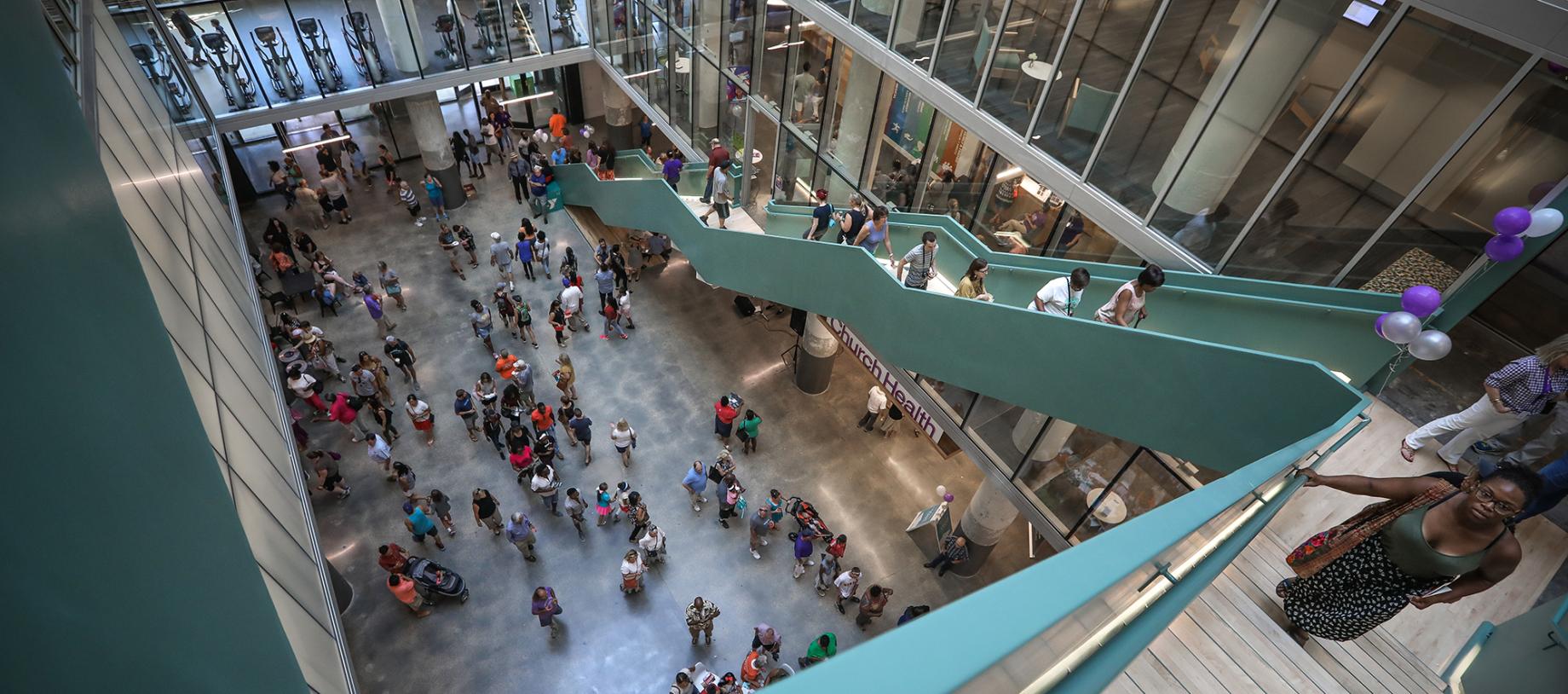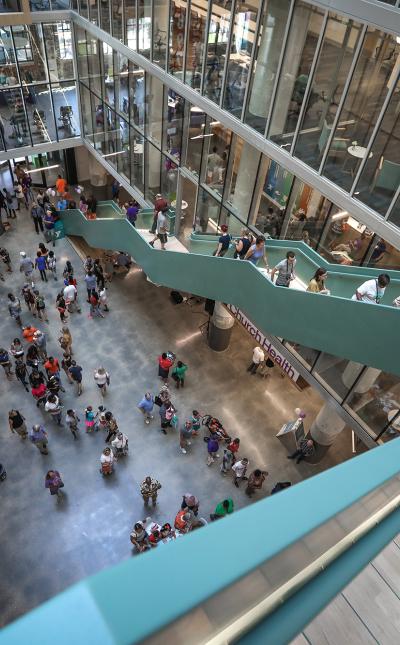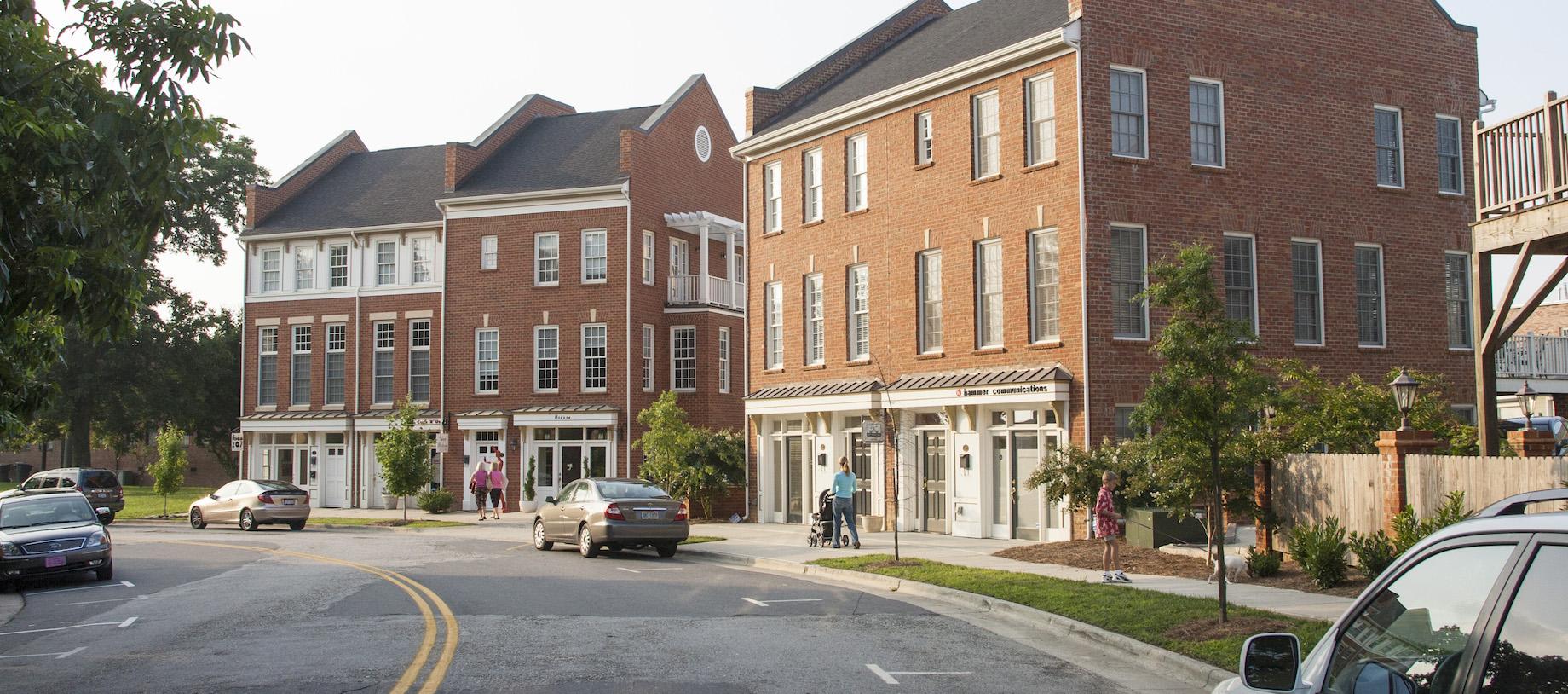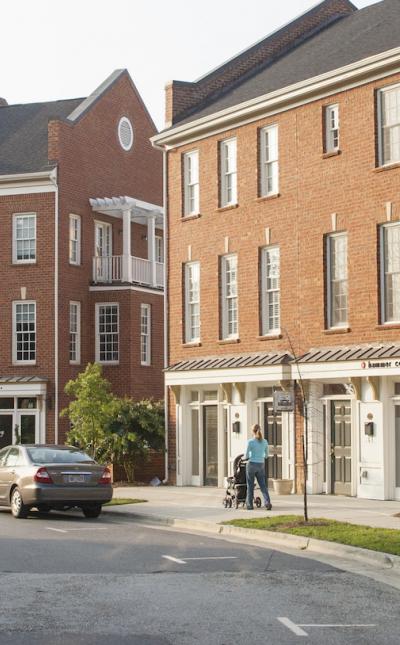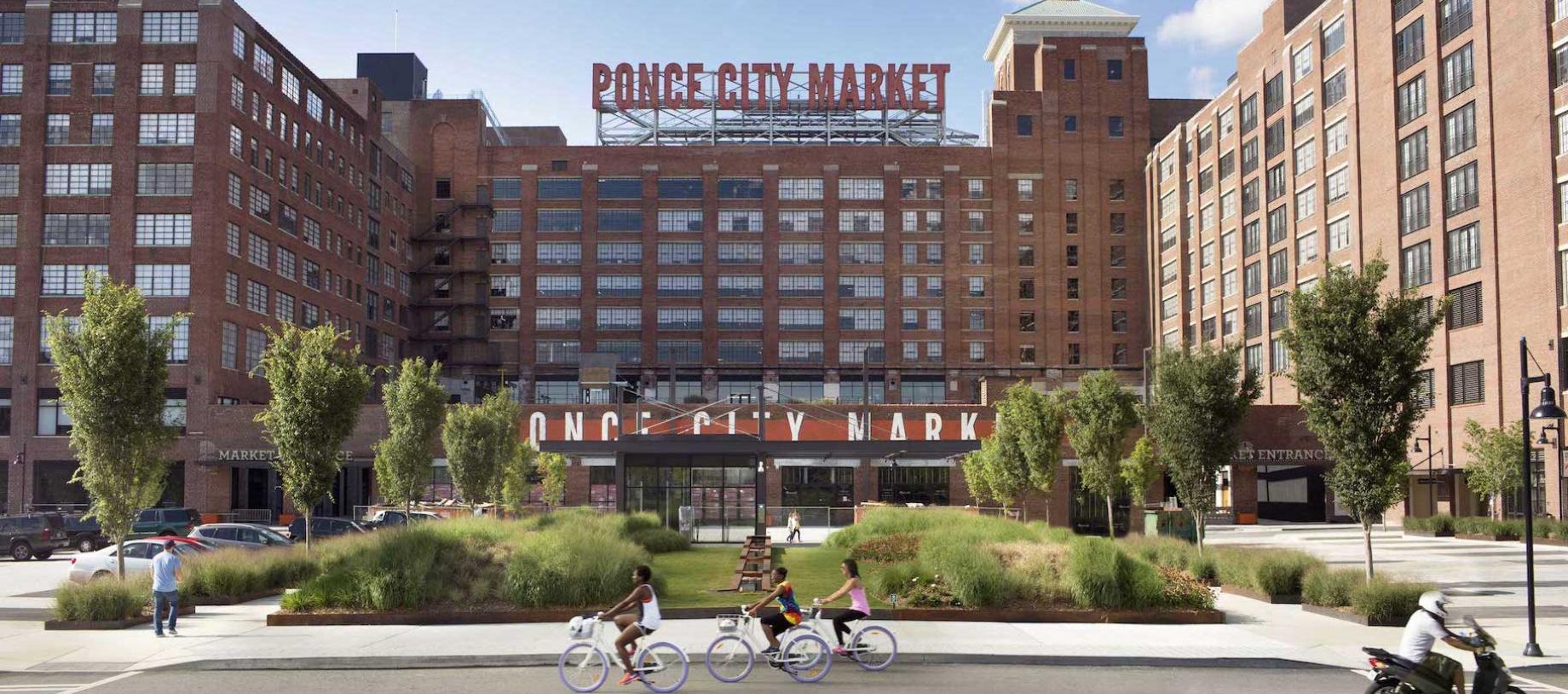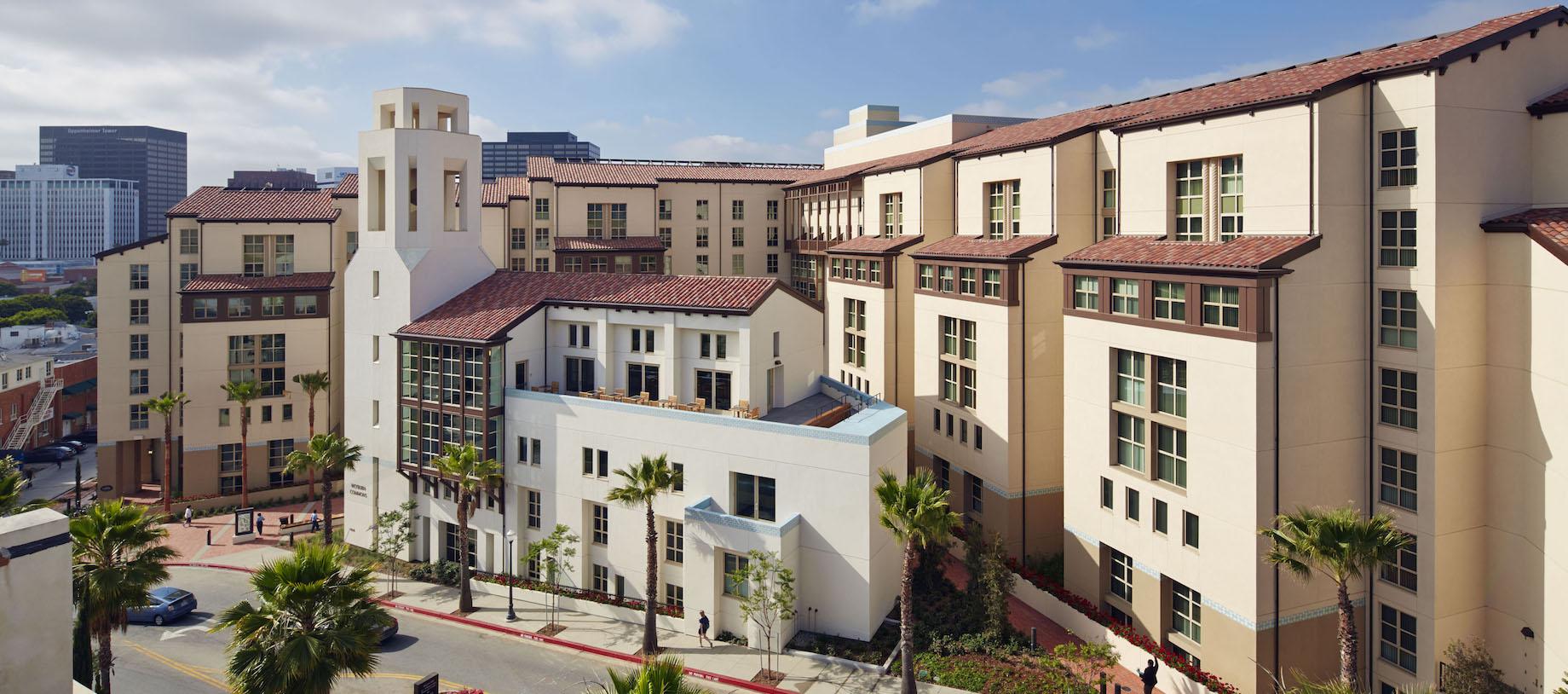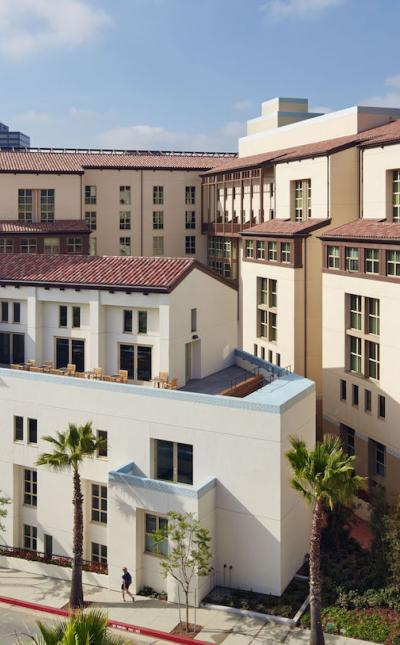- Who We Are
- What We Do
- Our Issues
- Our Projects
- Sprawl Retrofit
- Highways to Boulevards
- CNU/ITE Manual
- Health Districts
- The Project for Code Reform
- Lean Urbanism
- LEED for Neighborhood Development
- Missing Middle Housing
- Small-Scale Developers & Builders
- Emergency Response
- HUD HOPE VI
- Rainwater in Context
- Street Networks
- HUD Finance Reform
- Affordable Neighborhoods
- Autonomous Vehicles
- Legacy Projects
- Build Great Places
- Education & Trainings
- Charter Awards
- Annual Congress
- Athena Medals
- Resources
- Get Involved
- Donate
- Membership
- Public Square
The Project for Lean Urbanism occupies the emerging seam between the pilot projects of Tactical Urbanism and the policy-focused agenda of New Urbanism.
- Lean Urbanism is open-source, creating tools and techniques for all to use.
- Lean Urbanism is open-ended, focusing on incremental and ongoing improvement.
- The Project for Lean Urbanism will restore common sense to the processes of development, building, starting small businesses, community engagement, and acquiring the necessary skills.
- The Project will devise tools so that community-building takes less time, reduces the resources required for compliance, and frustrates fewer well-intentioned entrepreneurs, by providing ways to work around onerous financial, bureaucratic, and regulatory processes.

The tools will be made freely available to governments and organizations seeking to get things done, to entrepreneurs without the know how to overcome hurdles, and to small builders or homeowners who could build well in an economical, low-tech way. The Seven Platforms of the Project for Lean Urbanism are: Lean Building, Lean Development, Lean Business, Lean Green, Lean Regulation, Lean Infrastructure, and Lean Education. Lean Urbanism occupies the emerging seam between the demonstration projects of Tactical Urbanism and the policy-focused agenda of Smart Growth and New Urbanism.

